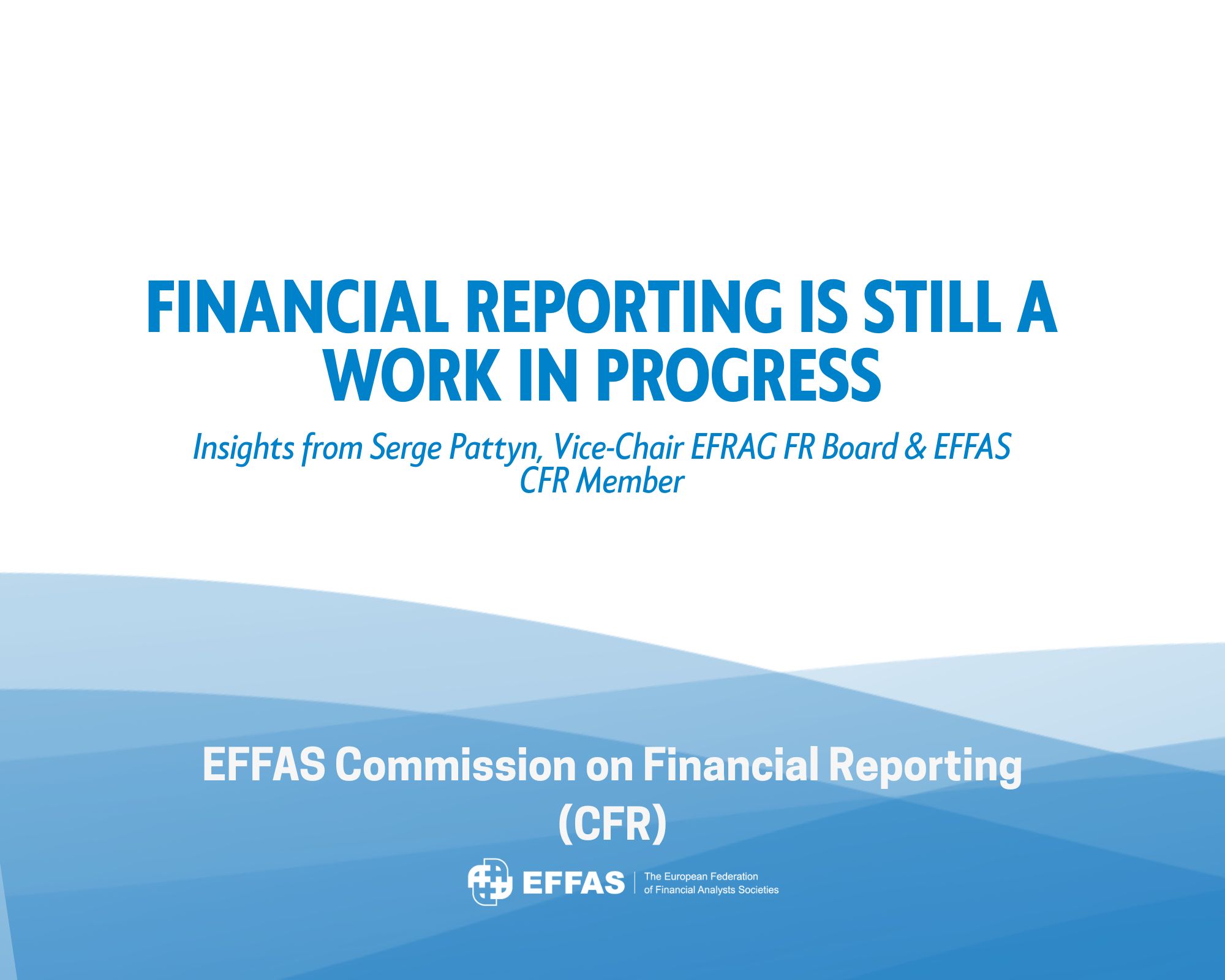Oxford, 18-20 September 2024.
ABSTRACT
In recent years, sustainable investments have grown significantly, especially in Europe, fueled by regulatory frameworks such as Articles 8 and 9, thematic funds, and other ESG-labelled investment vehicles. Globally, this sector is managed by investors handling over $100 trillion in assets. Risk control metrics, initially considered supplementary, have become essential due to the growing focus on market, regulatory, and reputational risks. Key challenges for integrating these metrics include evolving methodologies, such as those related to climate change and biodiversity, and the limited availability or quality of ESG data, particularly in emerging markets and certain asset classes. Despite these obstacles, advancements in big data and artificial intelligence offer promising tools for enhancing ESG risk management. To navigate these complexities, investment teams require robust, integrated dashboards that combine both financial and ESG data, ensuring real-time portfolio monitoring and risk control. These systems are critical for ESG compliance, mitigating greenwashing risks, and meeting client demands for tailored solutions.
Author
- Jean-Philippe Desmartin, Edmond de Rothschild AM, Head of Responsible Investment, co-chair of CESG EFFAS.
Key Findings
- Growth of Sustainable Investments: The sector has seen a significant expansion in Europe and globally, with over $100 trillion in assets under management by PRI investors.
- Essential Role of Risk Control Metrics: Initially optional, risk control metrics are now crucial for monitoring ESG-related market, regulatory, and reputational risks.
- Key Market Risk: Poor governance guarantees poor financial performance, and controversies are increasingly financially material. The EU’s focus on double materiality adds complexity.
- Regulatory Pressures: There is a growing need to comply with both soft and hard ESG regulations globally (e.g., CSRD, ISSB, SEC), requiring investors to enhance their reporting capabilities.
- Greenwashing Prevention: Effective ESG risk control requires transparency, consistency, and active monitoring.
- Challenges in Data and Methodologies: ESG data quality, especially in emerging markets and specific asset classes, and evolving methodologies (e.g., biodiversity KPIs) remain key challenges.
- Technology as an Enabler: Big data and AI are improving the development of risk control metrics.
- Need for Integrated Dashboards: To streamline ESG and financial data analysis, integrated dashboards are essential for real-time portfolio management and compliance, benefiting front, support, and sales teams.
Content
Sustainable investments have taken off in Europe over the past five years (articles 8 and 9 of the SFDR, labelled funds, thematic funds…). Figures are also impressive at the global level with PRI investors managing over AUM 100 trillion.
Historically, management of risks has been at the front of the agenda to justify the emergence of Sustainable Investments 30 years ago. ESG information and metrics provide indeed a holistic and better view of risks.
However, in the early days of pioneers, risk control metrics were a “Nice to have” as methodologies and data were mostly missing. Today, risk control metrics have become a “MUST HAVE” for at least three reasons. Investors are supposed to monitor systematically ESG market risks, ESG regulatory risks and reputational risks (think of the never-ending story around potential greenwashing).
Regarding market risks, we naturally think of simple materiality and added value brought for instance by the incorporation of corporate governance metrics. Always remember that a good governance is not a guarantee of financial performance, but a poor governance is a guarantee of poor performance. Note also that controversies have more and more financial materiality. Coming from the EU, the integration of double materiality is another challenge. It brings about the necessity to embark risk control metrics covering complex issues such as climate change and biodiversity.
Regarding regulatory risks, we notice the inflation of soft and hard regulations in the last years, in the EU of course, but also in major financial markets such as Japan, Switzerland, and UK and even in China and in the USA. All that requires investors to have ex post and ex ante capacities to control and report on ESG metrics. An opportunity would be the future interoperability between different regulations such as CSRD in the EU, ISSB, SEC…).
Finally, reducing risk of potential greenwashing requires three conditions; being transparent, being consistent (do what you say) and controlling what you do. Whatever your ambitions in terms of sustainable finance, risk control metrics are there at the front to be in capacity to respect these three conditions.
Generally speaking, two big challenges regarding risk control metrics in sustainable investments are a) not yet stabilized methodologies (scope 3 in climate change, biodiversity KPI’s…) and b) the absence and/or poor quality of ESG data, especially in some asset classes such as emerging markets, small and midcaps or high yields. The good news is that the progress and development of big data and artificial intelligence are useful for improving risk control metrics.
To conclude, front teams (ESG and financial analysts, portfolio managers) need robust integrated dashboards embarking in one single tool financial and ESG metrics. These integrated dashboards guarantee capacity to monitor in real time portfolios and universes of investment whatever for ESG scores, controversy red flags, carbon footprint, biodiversity or SDG’s metrics in addition to traditional financial ratios such as PER or gearing. No need to develop the point that support teams (risks, compliance, reporting…) will equally benefit from top risk control metrics. Last but not least, sales teams will appreciate the capacity to guarantee tailored made solutions for institutional clients (engagement and voting policy, NZAO alignment…).

About EFFAS
The European Federation of Financial Analysts Societies (EFFAS is a Not-for-profit organisation set up in 1962 with 14 national member associations in Europe, representing more than 16,000 Financial analysts, Asset managers, pension fund managers, corporate finance specialists, risk managers, treasurers among many other professional profiles from the investment profession. EFFAS is a certification body for finance with over 24,400 certificate holders worldwide.
For any queries, please refer to:
Alvaro Wagener Diez | Marketing & Communications Manager
EFFAS e.V.
Sophienstraße 44, DE 60487 Frankfurt am Main.
a.wagener@effas.com
Phone: +49 69 98959519 – Fax: +49 69 98957529
website: www.effas.com







